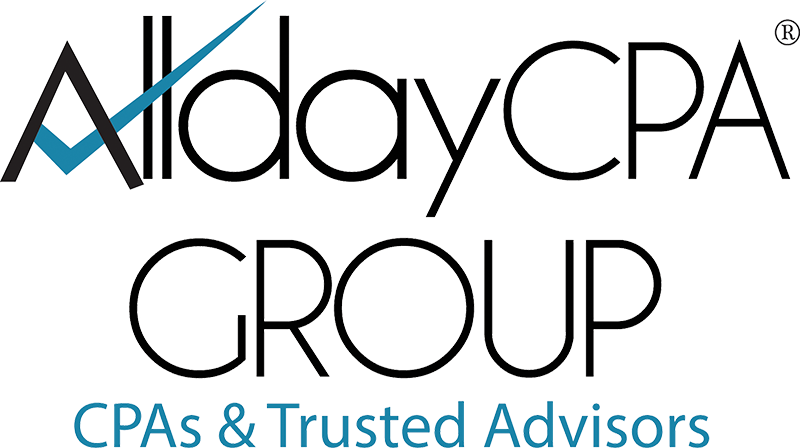QuickBooks Tips And Tricks: Make it Yours
QuickBooks is a powerful tool for managing your business finances, but are you using it to its full potential? This guide will explore some lesser-known features and customization options that can significantly improve your efficiency and accuracy in QuickBooks.
Use the Open Window list 🔄
Spend some time in Preferences, and you’ll be surprised to learn that you have more flexibility than you knew. QuickBooks is designed to work for a tremendously wide variety of businesses, so it comes with some features activated but many dormant.
Quickly jump between open screens using the Open Window List. Activate it by selecting View | Open Window List—no more endless closing and reopening windows!

Figure 1: The Open Windows list lets you easily move among active screens
Mandatory Account Assignment 📂
QuickBooks lets you enter transactions without assigning them to accounts. So your Chart of Accounts has two accounts labeled Uncategorized Income and Uncategorized Expenses that serve as repositories for these transactions. This means that when you run reports or prepare for taxes, you may have a hard time remembering the circumstances of those transactions and will find it difficult to assign them to accounts.
Do yourself a favor. Set up QuickBooks so that you must assign an account to every transaction. This will take extra time upfront, but not as much as if you try to recall the transaction three months from now. Go to Edit | Preferences | Accounting | Company Preferences and make sure that Require Accounts is checked. If you have questions on this, please call or email us.
Use Account Prefill for Vendors 💸
Speaking of accounts, here’s a little time-saving tip. If you have vendors that are always assigned to the same account(s), you can establish this constant in the vendor record. Simply open the Edit Vendor window for a client and click the Account Prefill tab. Select the appropriate selection(s) from the drop-down lists. If a payment is sometimes split between multiple accounts, you’ll handle this division when you add transactions.

Figure 2: Designate vendor accounts to save time when creating transactions
Use “Pending Sales”
Invoices, sales receipts and credit memos can be earmarked as “pending.” These sales do not show up in registers or reports (except for the Pending Sales report) and can’t be used for transactions where payment has already been applied. Create the transaction and click Edit | Mark [form name] As Pending. To finalize it, open the form and click Edit | Mark [form name] As Final.
This action can be useful in multiple situations, including:
- Backordered items
- Draft approvals
- Estimates
- Time-tracking for jobs
- Profit and loss reports that show the impact of pending sales (choose Either as the posting status [Non-posting or Posting] under Filters)

Figure 3: You can mark a payment as “pending” in several situations
Be kind to your accountant: Set a closing date
Once we’ve worked with your QuickBooks file up to a certain date, entering, editing or deleting transactions prior to that date wreaks havoc with the balance of your books. To be safe, your administrator should password-protect the ability to do this, so that no one does this intentionally or unintentionally. Go to Edit | Preferences | Accounting | Company Preferences and enter a closing date and password. We will change the date each time we complete our work.

Figure 4: Password-protect closed periods to preserve the accuracy of your books
Final Thoughts 💡
These are just a few examples of ways you can customize QuickBooks to make your workdays more productive and your record-keeping safer and more reflective of your business. We can help you further tailor the software to make it a better fit.
If you have questions on this or any other QuickBooks feature, call or email us. We’re your partner and we’re here to make your business better.
Before meeting with Danny, we recommend filling out our Client Needs Analysis form. This will help us better understand your challenges and provide personalized recommendations to address your unique goals.
